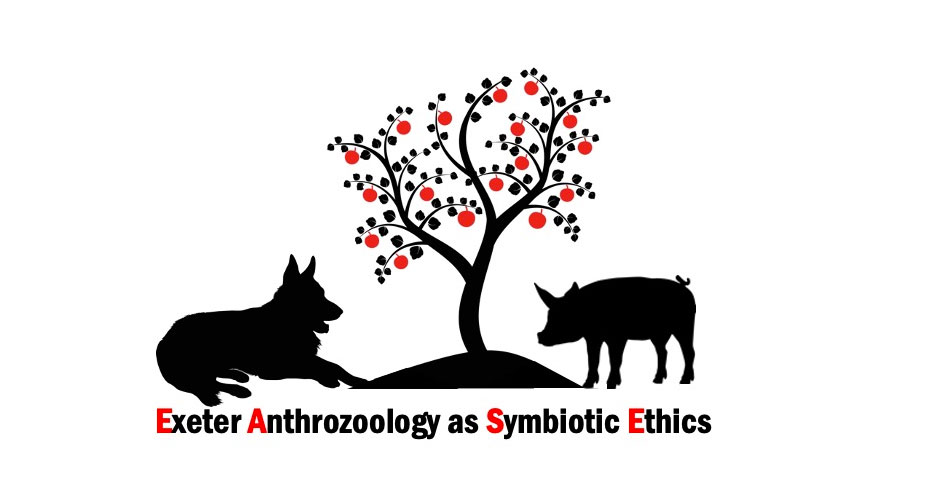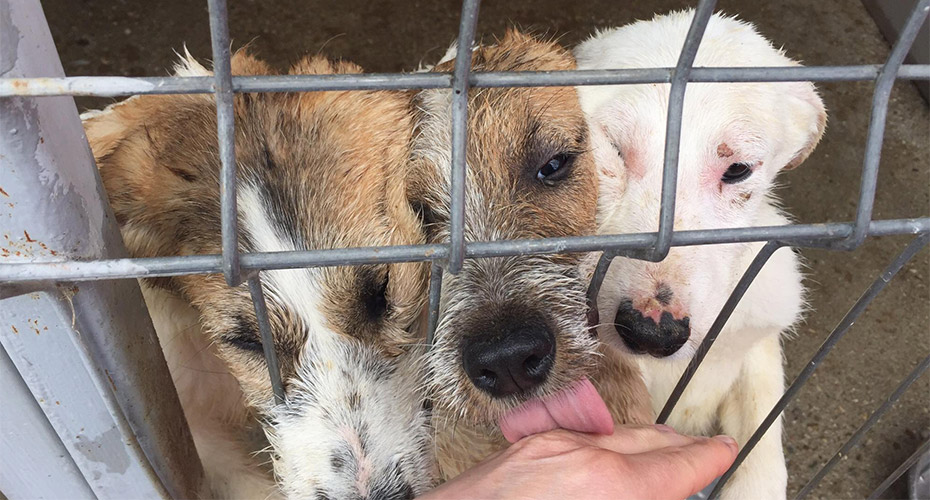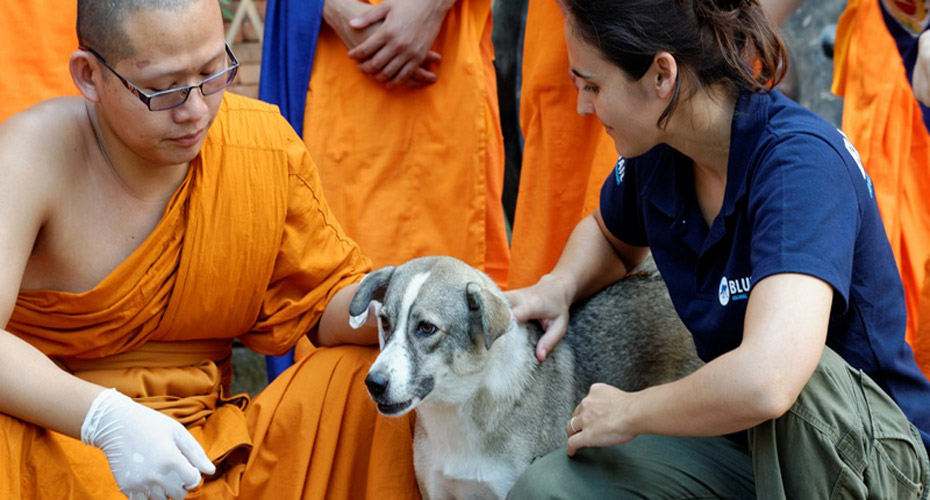The EASE working group brings together academics and postgraduate research students from diverse disciplinary backgrounds across the University of Exeter (including anthropology, philosophy, sociology, geography, bioscience, psychology, animal behaviour and computer science) whose research and teaching interests explore and address human interactions with other living things.
EASE was founded in 2016 following a generous philanthropic donation to support the development of our existing teaching provision and research expertise in Anthrozoology (conceived broadly here as the multi-disciplinary, cross-cultural study of human interactions with other animals).
Reframing Anthrozoology as Symbiotic Ethics:
The principal contention of the working group is that the recognition of other animals as ethically significant beings is both a necessary part of a sound understanding of these interactions, and a moral imperative. Our particular model of qualitative Anthrozoology places emphasis on (i) an empathetic ‘living with’ (symbiosis) or alongside other animals (either physically, for example with companion animals, or indirectly, for example through ethical consumerism), (ii) a respect for them as autonomous subjects, (iii) an attempt to grasp, wherever possible, their perspectives as well as those of our human subjects, and (iv) a holistic understanding of the context within which interactions occur. Moreover, we suggest that (v) academic research concerned with understanding these trans-species interactions should have some meaningful, practical application and ultimately improve the lives of our research subjects. Consequently, we propose that Anthrozoology should be reframed as Symbiotic Ethics, to acknowledge the inextricable connections we share with other life forms at a time when our collective futures hang precariously in the balance.




